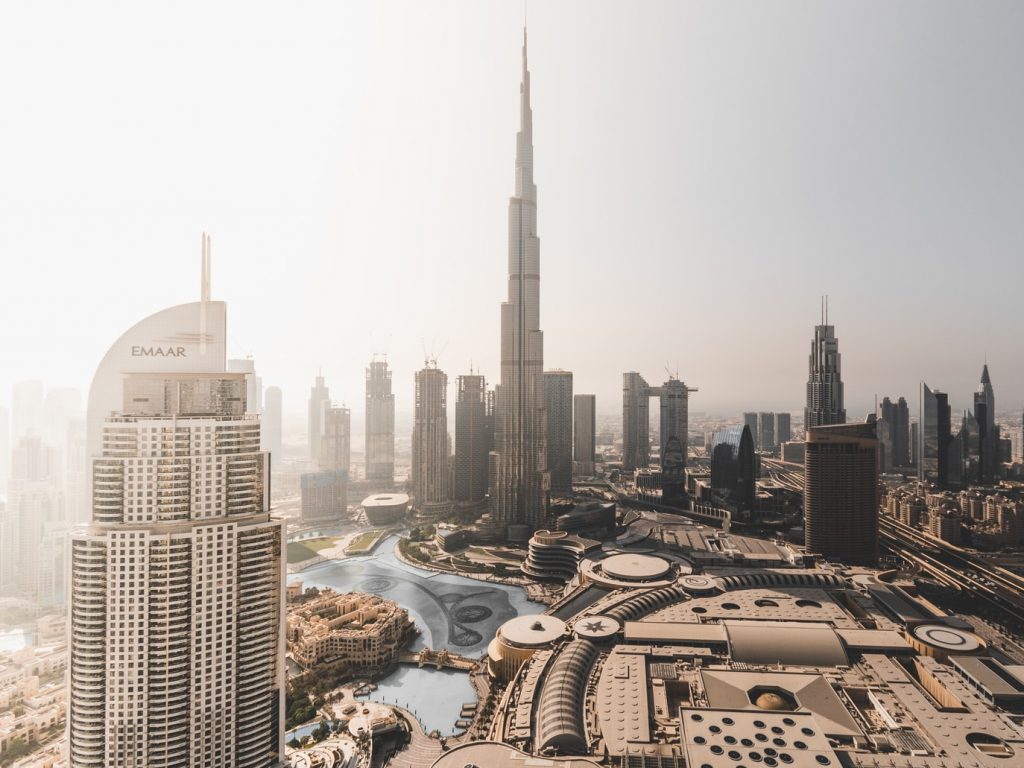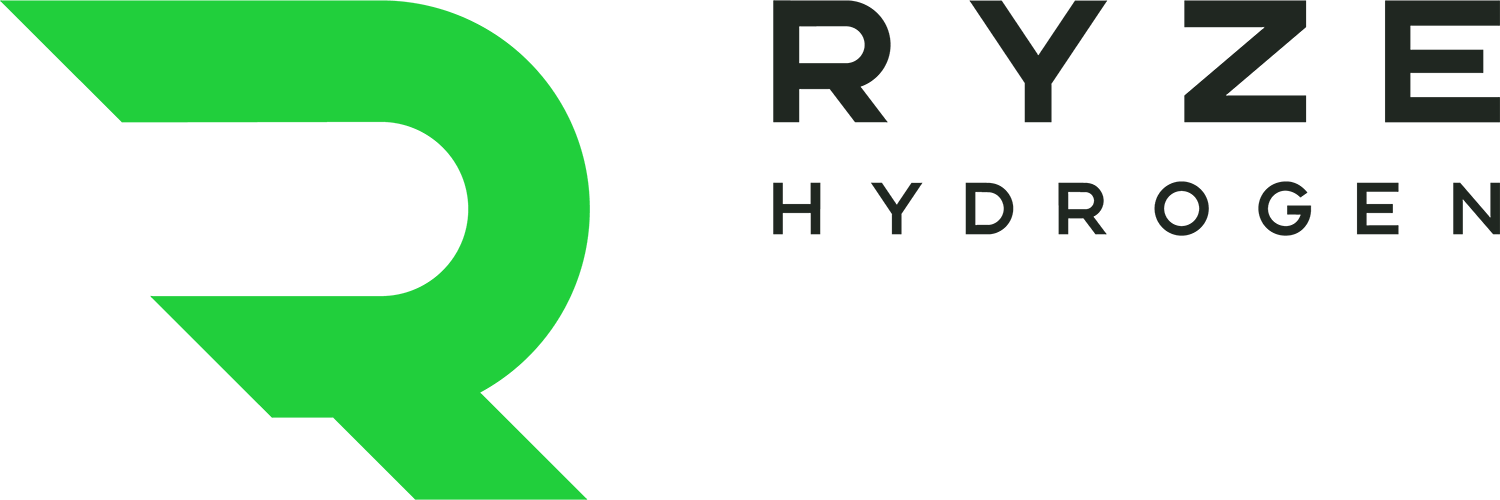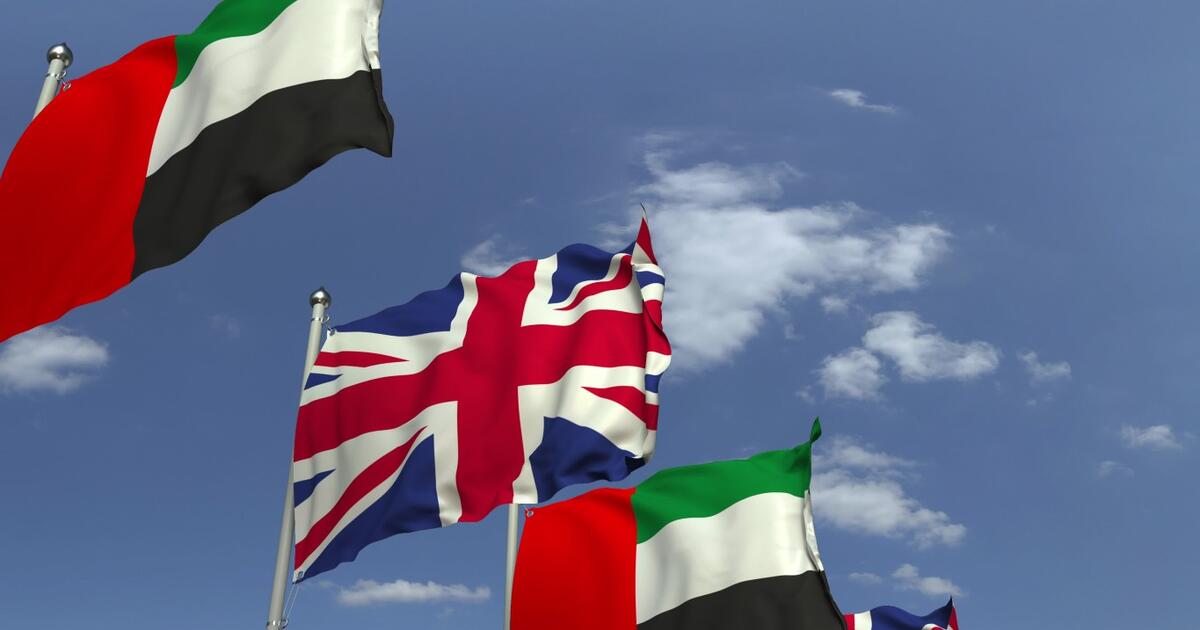The daily announcements of significant new hydrogen projects continue: two of the biggest energy companies in the world have teamed up with renewable energy specialist Masdar to build a massive 2 GW of clean hydrogen production in the UK and the UAE.
UK energy major BP will work with Abu Dhabi National Oil Company (ADNOC) and Masdar to build 1 GW of hydrogen production capacity in each of the countries.
The collaboration is expected to be just the beginning of billions of dollars of investment in hydrogen infrastructure and other clean energy projects in the coming years.
The companies did not specify how much of the hydrogen would be green – produced by renewable energy from electrolysis of water – and how much would be blue – created through traditional methods but with the carbon emissions captured to be stored or used in industry.
They did say that it could lead to the first international investment in BP’s H2Teesside facility, a 1 GW blue hydrogen project expected to start in 2027 that will capture and store 2 million tonnes of CO2 a year.
The relationship is expected to contribute significantly to the UK’s target of developing 5 GW of hydrogen production by 2030.
A second aspect of the deal, announced following a visit to the UK by Abu Dhabi Crown Prince Sheikh Mohamed bin Zayed earlier this month, includes the creation of a decarbonized air corridor between the UK and the UAE. Details were scant, but BP has been a major investor in aviation biofuels.

The collaboration between UK and UAE businesses to develop capabilities for massive production of clean hydrogen, includes the creation of a zero emission aviation corridor between the two regions.
Masdar, while not a household name in the UK, is a growing force in renewable energy in the Middle East and beyond. Owned by Abu Dhabi sovereign wealth fund Mubadala, it is a channel for the oil-rich emirate’s transition to a post-hydrocarbon world. As well as developing solar, wind and other renewables projects, it is building Masdar City, a test bed for low-carbon technologies and R&D centre.
Masdar signed a deal with Siemens Energy earlier this year to build a green hydrogen demonstration plant that will produce 20 MW of the fuel from a solar-powered electrolyzer facility by 2022.
The UAE has some of the lowest solar power costs globally. In April 2020, the Abu Dhabi Power Corporation announced a bid of 1.35 cents/kWh for a 2 GW solar plant, then a world record. That compares with about 4.4 pence (5.96 cents)/kWh in the UK, according to the latest government estimates.
With the UK hosting COP26 in November, all eyes are on the energy players to announce decarbonisation projects, all of whom are starting to make bigger moves into renewable production.






